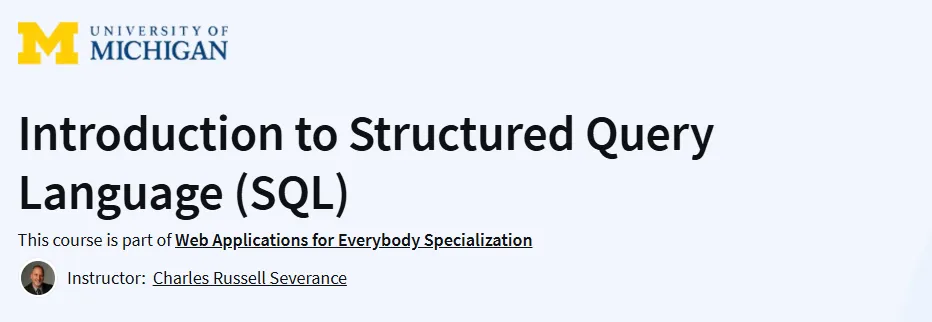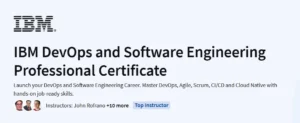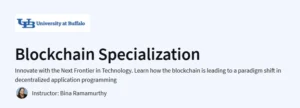What will you learn in this Introduction to Structured Query Language (SQL) Course
Understand the basic syntax and structure of SQL.
Perform single-table queries to retrieve data.
Design databases with multiple tables, foreign keys, and JOIN operations.
Model many-to-many relationships in relational databases.
Install and configure a development environment using tools like MAMP or XAMPP.
Program Overview
1. Installing PHP and SQL
⏳ 1 week (~3 hours)
Set up your development environment by installing necessary tools and creating a MySQL database.
2. Introduction to Structured Query Language (SQL)
⏳ 1 week (~3 hours)
Learn the basics of SQL, including single-table queries and data retrieval techniques.
3. Database Design
⏳ 1 week (~4 hours)
Explore database design principles, focusing on multiple tables, foreign keys, and JOIN operations.
4. Many-to-Many Relationships
⏳ 1 week (~3 hours)
Understand how to model complex relationships like many-to-many associations in databases.
Get certificate
Job Outlook
Equips learners for roles such as Data Analyst, Database Administrator, and Backend Developer.
Applicable in industries like technology, finance, healthcare, and e-commerce.
Enhances employability by providing practical skills in SQL and database design.
Supports career advancement in fields requiring expertise in data management and analysis.
Specification: Introduction to Structured Query Language (SQL)
|
FAQs
- Basic computer operations knowledge is recommended.
- Prior programming experience is not strictly required.
- Understanding data structures or logic may help but is optional.
- Hands-on exercises guide learners step by step.
- Beginners can follow along with some extra effort in setup.
- Teaches single-table queries and multi-table JOIN operations.
- Covers database design principles and modeling many-to-many relationships.
- Skills are applicable to technology, finance, healthcare, and e-commerce.
- Provides foundational knowledge for database administration tasks.
- Prepares learners for managing structured datasets in professional settings.
- Includes exercises in MySQL using MAMP or XAMPP environments.
- Allows practical application of SELECT, JOIN, and relational modeling.
- Provides experience with foreign keys and database normalization.
- Helps build a portfolio demonstrating SQL skills.
- Reinforces learning through applied, real-world scenarios.
- Self-paced with lifetime access allows learning on your schedule.
- Short modules (~3–4 hours each) are manageable in daily sessions.
- Hands-on exercises can be completed incrementally.
- Flexible scheduling supports professional upskilling without disruption.
- Course content can be revisited anytime for reinforcement.
- Equips learners for roles like Data Analyst, Database Administrator, and Backend Developer.
- Skills applicable in industries requiring data management and analysis.
- Builds foundational expertise for advanced database or analytics courses.
- Enhances employability by demonstrating practical SQL and design knowledge.
- Supports career advancement in data-driven roles.





